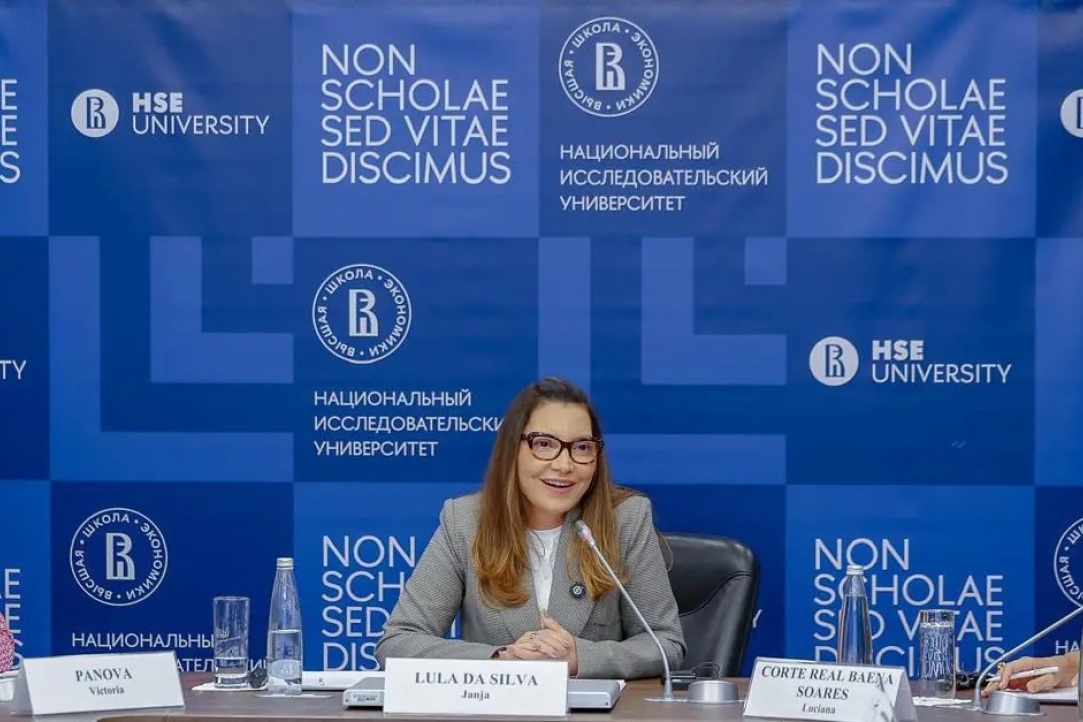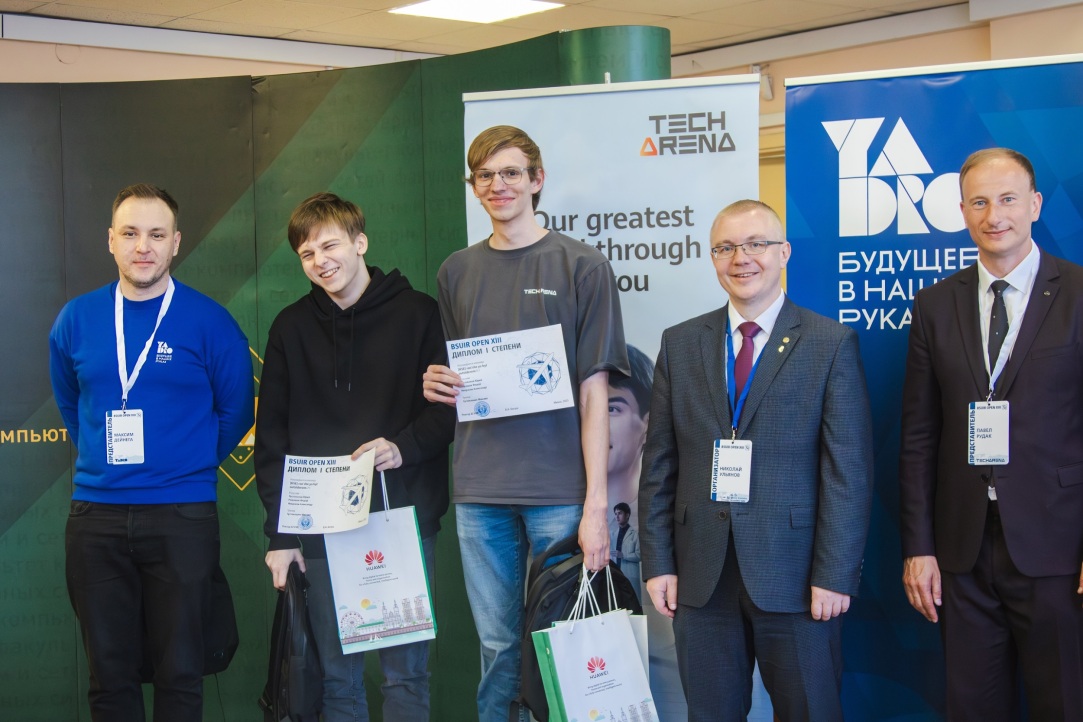
AI Predicts Behaviour of Quantum Systems
Scientists from HSE University, in collaboration with researchers from the University of Southern California, have developed an algorithm that rapidly and accurately predicts the behaviour of quantum systems, from quantum computers to solar panels. This methodology enabled the simulation of processes in the MoS₂ semiconductor and revealed that the movement of charged particles is influenced not only by the number of defects but also by their location. These defects can either slow down or accelerate charge transport, leading to effects that were previously difficult to account for with standard methods. The study has been published in Proceedings of the National Academy of Sciences (PNAS).

HSE and Vietnam National University to Establish Joint Research Institute
A cooperation agreement has been signed in Moscow between HSE University and Vietnam National University, Hanoi (VNU). The document was signed during the official visit of a Vietnamese delegation to celebrations marking the 80th anniversary of Victory Day and negotiations involving President of the Russian Federation Vladimir Putin and General Secretary of the Central Committee of the Communist Party of Vietnam Tô Lâm. The agreement was signed by HSE Rector Nikita Anisimov and VNU Rector Le Quan.

Electrical Brain Stimulation Helps Memorise New Words
A team of researchers at HSE University, in collaboration with scientists from Russian and foreign universities, has investigated the impact of electrical brain stimulation on learning new words. The experiment shows that direct current stimulation of language centres—Broca's and Wernicke's areas—can improve and speed up the memorisation of new words. The findings have been published in Neurobiology of Learning and Memory.
HSE and Tsinghua University Strengthen Russia–China Partnership as part of Cross Year of Education
On May 10, a delegation from Tsinghua University—one of China’s leading higher education institutions—paid an official visit to HSE University. The delegation was led by Qiu Yong, Secretary of the CPC Tsinghua University Committee, former President and Chair of the University Council, and member of the Chinese Academy of Sciences.

First Lady of Brazil Visits HSE University
On May 7, Janja Lula da Silva—the First Lady of Brazil and a prominent advocate for sustainable development who initiated the Global Alliance Against Hunger and Poverty—visited HSE University. She held a meeting with HSE University Rector Nikita Anisimov, where they explored promising avenues for strengthening Russia–Brazil collaboration in science and education. HSE University also hosted a round table discussion titled ‘The Global Alliance Against Hunger and Poverty as a Key to Modern International Cooperation,’ featuring Janja Lula da Silva as a distinguished guest.

Integration Processes in International Trade Discussed during Conference at HSE University
Under decoupling conditions, Russia has become the ‘centre of gravity’ for the Eurasian integration process and has the potential to play a unifying role in the emerging multipolar world. These were the main points discussed by participants and guests at the International Scientific and Practical Conference ‘Dimensions of Eurasian Integration: Transport and Logistics, Energy, and Food Security’ held by the HSE University Institute for Public Administration and Governance (IPAG).

Results of Second International Academic Cooperation Competition Announced
The International Academic Cooperation (IAC) competition aims to promote international academic partnerships, broaden research agendas, and foster interdisciplinary approaches. It also encourages students, including doctoral students at HSE University, to participate in joint basic research projects.

HSE University Signs Cooperation Agreements with Leading Chinese Universities
On May 8, 2025, in Moscow, in the presence of Russian President Vladimir Putin and Chinese President Xi Jinping, strategic agreements were signed between the HSE University and two of China's top institutions, Peking University and Tsinghua University. The event was attended by Nikita Anisimov, Rector of HSE University, Qiu Yong, Secretary of the CPC Tsinghua University Committee, and Gong Qihuang, President of Peking University. The signing unfolded during the official visit of the Chinese delegation to Russia, coinciding with the commemoration of the 80th Anniversary of Victory Day.

HSE University's FCS Team Wins BSUIR Open Sports Programming Championship
On April 26, 2025, the student final of the 13th Open Team Championship in Sports Programming of Belarusian State University of Informatics and Radioelectronics took place in Minsk (Belarus). More than 300 teams took part in the semi-final of the competition, while only 29 teams took part in the final, including three teams from HSE University, which ended up taking first, third, and fifth places.
‘The Trip Exceeded All Our Expectations’: HSE Students Take Part in BRICS Youth Innovation Summit 2025
The BRICS Youth Innovation Summit 2025 was held in Cape Town on April 10–11, 2025. The event was attended by political and business leaders from Brazil, Russia, India, China, and South Africa. The summit focused on the theme ‘Innovating the Future: Technology for Sustainability and Social Good,’ under which the participants presented their projects. Students of the Faculty of Economic Sciences have shared their experiences of the trip to South Africa, their presentations at the BRICS summit, penguin encounters, and more!


Submission Deadline: December 20, 2025